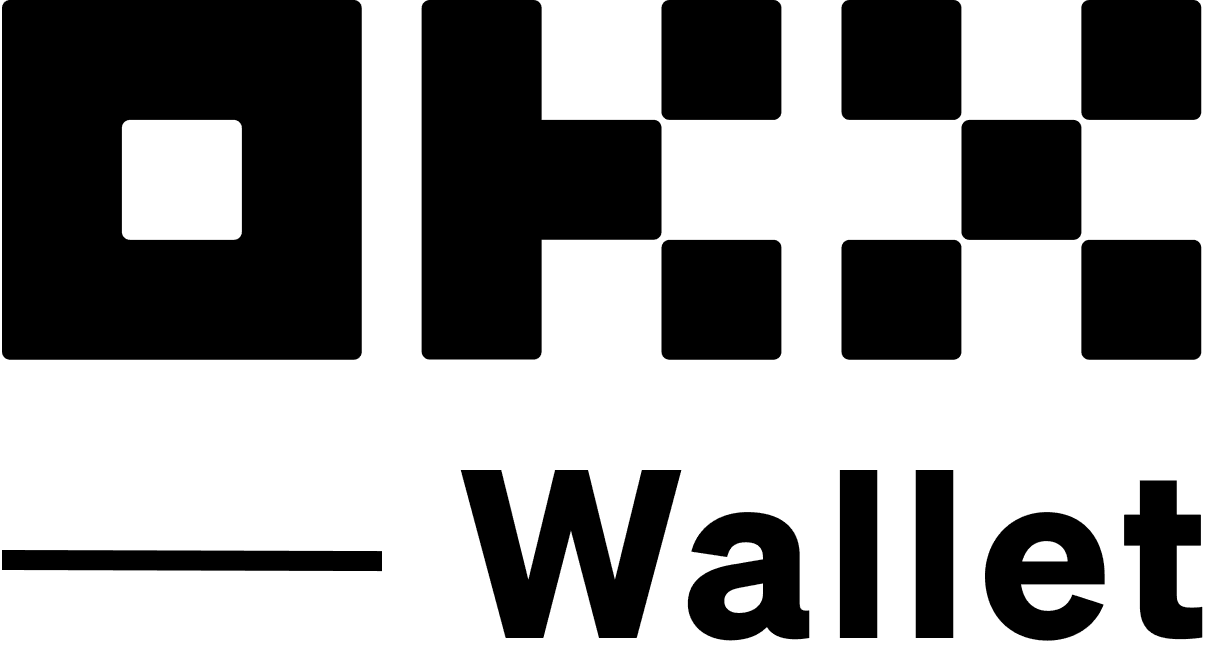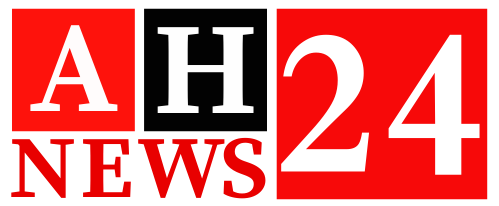



So I was thinking about how crazy the crypto world has gotten lately. DeFi, portfolio juggling, cross-chain bridges—it’s like a wild west out here. You want to keep up, but the tools? Sometimes they feel scattered, clunky, or just plain overwhelming. Seriously? Managing assets across blockchains shouldn’t feel like rocket science. Yet, here we are, juggling apps, wallets, and exchanges like a circus act.
Here’s the thing. If you’re a trader looking for a wallet that doesn’t just store your coins but actually integrates tightly with a centralized exchange like OKX, your options feel limited. At least, they did for me until I stumbled on something pretty slick. It’s not just about holding tokens anymore; it’s about seamless access to DeFi, smart portfolio management, and bridging assets across chains without losing your mind or your funds.
Wow! That’s a tall order, right? But this is where the okx wallet comes into play. Initially, I thought it was just another browser extension, but digging deeper revealed it’s a pretty powerful gateway.
Let me walk you through why this caught my attention and maybe why it should catch yours too.
First off, if you’ve ever tried juggling multiple wallets for different chains—Ethereum, BSC, Solana, whatever—you know it’s a headache. Switching apps, dealing with multiple interfaces, and worst, the risk of mix-ups. My instinct said there had to be a better way. Turns out, bridging assets while keeping your portfolio consolidated is possible, but only if your wallet plays well with DeFi and centralized exchanges.
Okay, so check this out—DeFi access through a wallet tightly integrated with OKX’s exchange means you can jump into yield farming, staking, or liquidity pools right from your wallet interface. No more bouncing between separate platforms. It’s like having your cake and eating it too, but with crypto.
On one hand, DeFi is supposed to be decentralized, right? But on the other, centralized exchanges like OKX provide liquidity and user-friendly interfaces that are hard to beat. The okx wallet merges these worlds, letting users manage assets and trade centrally while tapping into decentralized protocols. Initially, I thought this was some compromise, but actually, it’s a clever hybrid approach to balance usability and decentralization.
Something felt off about some other wallets claiming cross-chain capabilities—they either have limited support or the bridging process is painfully slow and expensive. With the OKX wallet, the cross-chain bridge feels surprisingly fluid. Moving assets between Ethereum and other chains like BSC or OKC happens without much hassle, and you don’t get stuck waiting forever or paying insane fees. It’s not perfect, but wow, it’s a noticeable improvement.
Now, I’ll be honest—this part bugs me a little: cross-chain bridges are still emerging tech, so risks exist. Smart contract bugs, bridge exploits—these can fry your assets faster than a summer BBQ. So while the OKX wallet does a solid job, don’t put all your eggs in one basket.
Still, for traders who want a single interface to track and manage their portfolio, the wallet’s dashboard offers neat analytics and real-time updates. You get a bird’s eye view of your holdings, performance, and even your DeFi positions. This is very very important if you want to make quick, informed decisions without opening multiple tabs or apps.

Why Cross-Chain Bridges Matter More Than Ever
Cross-chain bridges are the unsung heroes in crypto’s rapid evolution. Without them, you’re stuck on one blockchain, missing out on opportunities elsewhere. But the challenge? Each chain has its quirks, and bridging often means jumping through hoops. The OKX wallet tries to smooth this out.
Imagine moving assets from Ethereum to BSC without having to rely on third-party services or complicated manual steps. It’s like having a one-stop shop for your crypto universe. (Oh, and by the way, the wallet also supports OKC, which is OKX’s custom chain optimized for speed and low fees.)
My first impression was skepticism. Cross-chain tech is notorious for hiccups. But after using the wallet for a bit, the process felt intuitive and surprisingly fast. Sure, sometimes transactions get stuck or need retries, but that’s crypto life, nothing new there.
Portfolio management also gets a boost here. Since you can hold, bridge, and trade within the same environment, tracking your risk and exposure becomes less of a nightmare. No more toggling between wallets and exchanges to get a full picture.
Seriously? This kind of integration is a game changer, especially for traders who value speed and clarity over juggling multiple tools that barely talk to each other.
DeFi Access Without the Usual Headaches
Let’s talk DeFi again. Accessing decentralized finance protocols can be a minefield for new and even seasoned users. Confusing UIs, gas fee surprises, and sometimes downright sketchy contracts make it a rollercoaster. The OKX wallet doesn’t magically fix all that, but it lowers the entry bar.
You get direct interaction with popular DeFi dApps from within your wallet, plus the security of a well-known exchange backing it. This combo actually boosts confidence, which is a big deal when your funds are on the line. I’m biased, but having that layer of centralization for support and liquidity smooths out many bumps.
One thing I noticed is that the wallet handles token swaps internally, so you don’t always need to hop on a separate DEX. This cuts down on gas fees and time wasted switching platforms. Initially, I thought this was just a minor convenience, but it’s a serious productivity boost.
However, it’s not all roses. Sometimes the wallet’s UI can feel a bit cramped, especially when juggling multiple assets, and advanced traders might crave more customization. But for most, the trade-off between simplicity and power leans heavily towards simplicity here.
And yeah, there’s always that lingering question—how decentralized is this really? On paper, it’s a hybrid, but for many users, the practical benefits outweigh philosophical debates.
Final Thoughts (for Now…)
So where does this leave us? The okx wallet isn’t perfect, but it’s one of the more promising tools I’ve seen for traders wanting to dabble in DeFi, manage portfolios, and cross chains without losing hours to tech frustrations. It’s a step toward bridging the gap between centralized and decentralized worlds, which is exactly where crypto seems to be heading.
I’m not 100% sure where this hybrid approach will land in the long run, but for now, it’s a solid option to keep in your toolkit. Just remember to stay cautious, spread risk, and keep learning—because this space moves fast and never stays the same for long.
Anyway, this journey’s just getting started, and wallets like OKX’s are making it a little less bumpy—so, yeah, maybe worth a shot.
We’re grateful to these projects for helping us keep the lights on:
sites.google.com/phantom-solana-wallet.com/phantom-wallet – Phantom is the leading Solana wallet for storing, swapping, and managing SOL and NFTs.
sites.google.com/phantom-solana-wallet.com/phantom-wallet-extension – The Phantom browser extension brings instant, in-tab access to all your Solana assets.
sites.google.com/walletcryptoextension.com/rabby-wallet – Rabby is an open-source multi-chain wallet built for DeFi users with smart network switching.
sites.google.com/walletcryptoextension.com/rabby-wallet-extension – The Rabby extension delivers the same multi-chain DeFi features right in your browser.
sites.google.com/walletcryptoextension.com/solflare-wallet – Solflare is a full-featured Solana wallet offering secure storage, swaps, and staking.
sites.google.com/walletcryptoextension.com/solflare-wallet-extension – The Solflare extension makes Solana transactions seamless from your toolbar.
sites.google.com/walletcryptoextension.com/polymarket-wallet – Polymarket Wallet lets you trade prediction markets using USDC on Polygon.
sites.google.com/walletcryptoextension.com/polymarket-official-site – The official site of Polymarket, a decentralized platform for information markets.
sites.google.com/walletcryptoextension.com/aave-official-site – The official portal for Aave, a decentralized liquidity protocol for lending and borrowing crypto.
sites.google.com/walletcryptoextension.com/hyperliquid-official-site – Hyperliquid is a high-performance decentralized perpetuals exchange with ultra-fast trading.
sites.google.com/trustwalletus.com/trust-wallet – Trust Wallet is a popular multi-chain mobile wallet with built-in DEX and NFT support.
sites.google.com/trustwalletus.com/trust-wallet-extension – The Trust Wallet extension brings multi-chain crypto management to desktop browsers.
sites.google.com/okx-wallet-extension.com/okx-wallet – OKX Wallet lets you manage assets across 60+ networks and access a vast DApp ecosystem.
sites.google.com/okx-wallet-extension.com/okx-wallet-extension – The OKX Wallet extension offers seamless DeFi and NFT interactions right from your browser.


